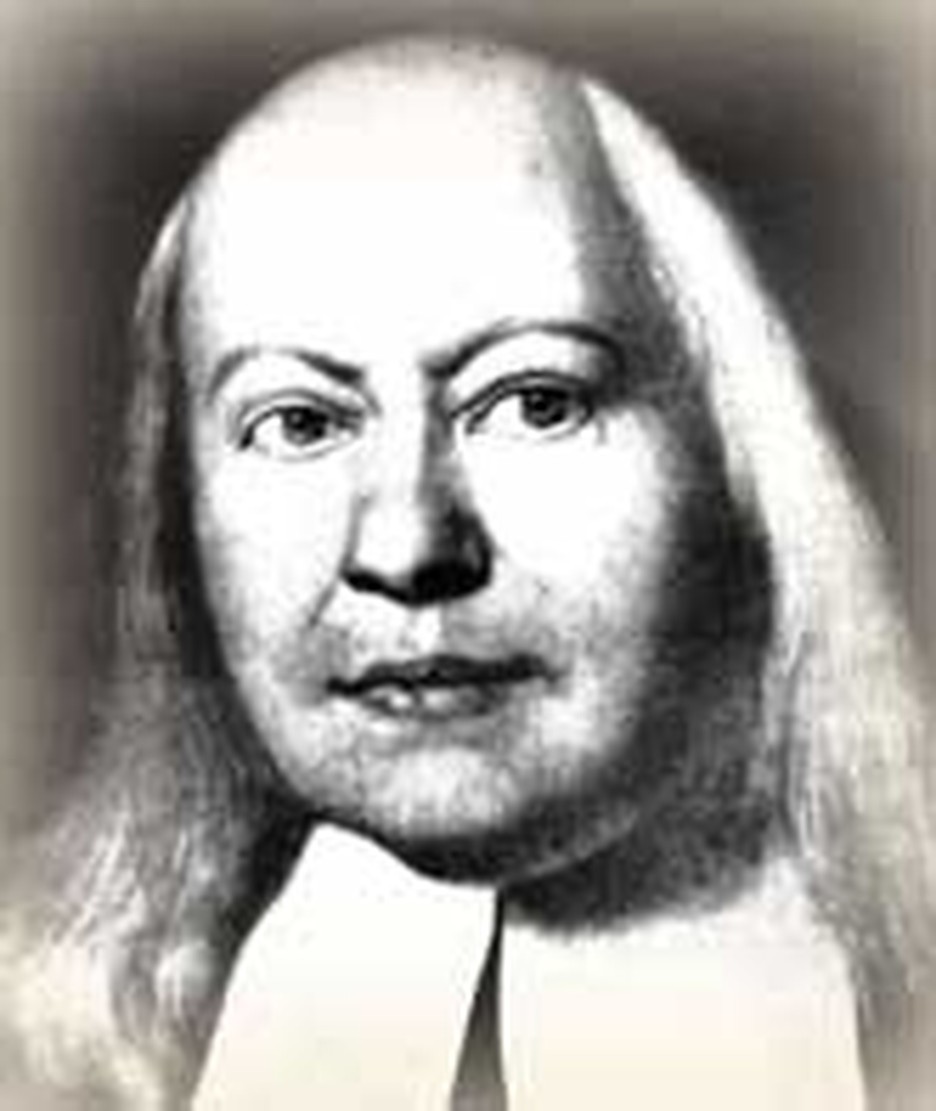
If August H. Francke is not exactly a household word, that is probably as he would want it. Yet he was a man of extraordinary accomplishments who dusted off faith and put it into practice. His desire was "a life changed, a church revived, a nation reformed, a world evangelized." The orphanage he built served as a model to George Müller's more famous work in Bristol. The Bible school he founded awakened university students and Leipzig's inhabitants alike to a deeper spirituality. To take religion out of the heart and express it in action, he opened a poor school, ran a dispensary, provided shelter for unmarried women, operated a book depot, and edited a Church magazine. A stream of missionaries went out under Francke's influence. Zinzendorf was among his famous pupils.
Francke had not always been spiritually minded. Born on this day, March 12, 1663, he grew up intending to become a minister. But although he professed to be a Christian, and even filled pulpits, he was unchanged within. He became a professor of Hebrew at the University of Leipzig in Germany. However, his soul was dry. With the saved he behaved piously. With his worldly friends he sinned freely. He had nothing of the joy of Christ but only a deep uneasiness that he was missing the mark. This misery ended when he was twenty-four.
Asked to preach on John 20:31: "this is written that you might believe that Jesus is the Christ, the Son of God, and that believing, you may have life in his name," he felt ashamed, for he had not himself experienced any such certainty. His condition was surely not unusual. The State-run Lutheran churches of Germany were largely formalist. The ministry was treated as a civil service job. Many who had no heart for Christ occupied pulpits.
Francke, however, determined not to preach the sermon unless he could do it honestly. In deep dread he fell to his knees pleading with God for salvation from his miserable state. "I arose a completely different person from the one who had knelt down." He finally understood Luther's words. "Faith is a divine word in us that changes us and gives us new birth from God." He saw that the Christian life is one in which the Holy Spirit operates.
He accepted a pastorate at Halle. There he taught the Word, preaching five sermons a week, catechized the youth, and holding Bible studies. Aware that many who attended church were not born of God, he pleaded with them to test themselves by the test of loving one's brother. "...if you are not His child it is better that you know it and pray to God because of it and say, 'Dear God I know it, I am not yet your child.' See thus God will give you his adoption so that you will find the proper indicators of this. Thereafter you will have joy and pleasure from it when your certainty has a firm basis." That Francke himself loved both brother and neighbor was shown by the works he did and kind attention he gave all who approached him.
Bibliography:
- "Francke, August Hermann." Biographical Dictionary of Evangelicals. Timothy Larsen, editor. Downers-Grove, Illinois: Intevarsity Press, 2003.
- "Francke, August Hermann." New Schaff-Herzog Encyclopedia of Religious Knowledge. Grand Rapids: Baker Book House, 1954.
- "Francke, August Hermann." The Oxford Dictionary of the Christian Church. Edited by F. L. Cross and E. A. Livingstone. Oxford, 1997.
- Pietists: selected writings. Edited by Peter C. Erb. New York: Paulist Press, 1983.
- Stoeffler, F. Ernest. The Rise of Evangelical Pietism. Leiden: E. J. Brill, 1965.
- Various encyclopedia and internet articles.
Last updated May, 2007.
.jpg)


.jpg)